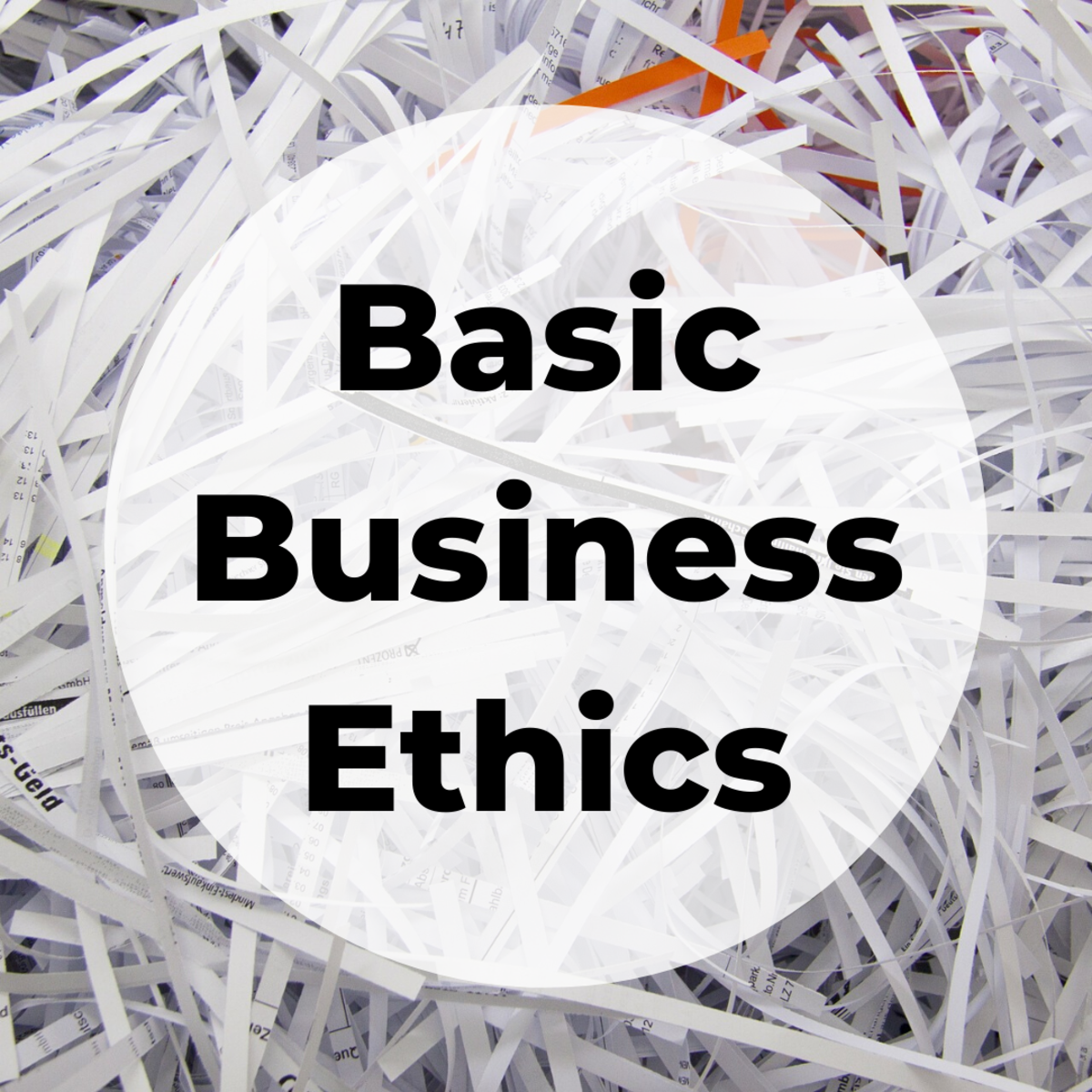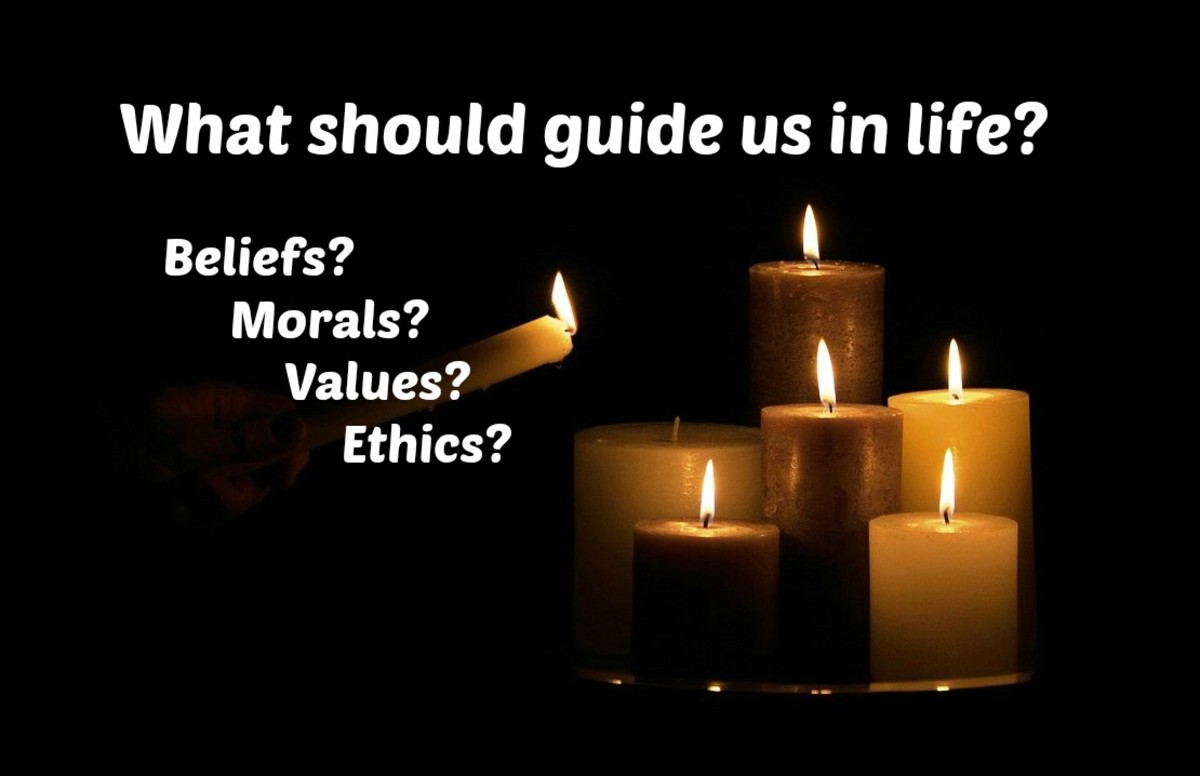Ethical Relativity: There Are No Universal Ethics

Are Ethics Universal?
Ethical decisions are made by an individual based on their society’s belief of what is right and wrong as well as their own beliefs of what is ethical. Factors influencing ethical decision making can include the society's ideals, your personality, your life experience, your religion or even the time in which you live.
There aren’t universal ethics. People have different ideas of what is right and wrong. If there was a universal consciousness of what is right, there would not be discord as to what is acceptable. For example, there is no clear message on whether or not it is ethical to keep animals in cages at a zoo, with some people supporting it and saying it conserves endangered species, and others protesting it. Similarly, the issue of abortion causes disagreement, with both sides believing they are morally correct. Adolf Hitler believed what he was doing was right when he ordered horrific things to be done in World War Two, such as concentration camps to get rid of Jews, who he considered an ‘inferior species’. These acts of his are now looked at with horror, and people see these acts as unethical, immoral and awful.
There could be several different ideas of ethics influencing a person’s decisions: personal ethics, the ethics of the society and culture you live in, or even of a religious group. These groups of ethics would not necessarily match up. For instance, you personally may believe it is unethical to eat meat, but your culture or society may say it is okay to do so. Personal ethics can be learned in many ways, including through direct teaching, for example a parent telling you it is wrong to hit people, or indirect teaching. Indirect teaching could be someone impressionable in your life, like a parent, constantly sharing their opinions on what is right and wrong which may cause you to have similar views. For example, if a parent believes that illegally copying DVDs is okay, you may also think it is okay, justifying it by saying that even if you hadn’t gotten it free you wouldn’t have bought it, so nobody is losing money, and that it is victimless. Someone else may look at the situation and see it as very unethical, and the wrong thing to do. Personal ethics could also be learned from life experience of an individual. Society has a lot of influence on being able to make things conform to their standards of what is ethical. As the ethics of society changed, Cadbury had to change their chocolate to fair trade to match society’s new ethics, otherwise people would refuse to buy their products.
Whether or not a person makes ethical decisions could also be dependent upon their personality. A person who is particularly empathetic may choose to buy free range eggs, or to buy fair trade chocolate, even if it is more expensive. A person with more frugality than empathy in their personality may have a different set f priorities in mind, and could decide to buy the cheaper, non-fair trade chocolate.
What is included as an ethical decision in certain societies can change over time as well. As more information is discovered about the world and people’s perspectives to certain things change, society’s definition of what is ethical and what is unethical changes too. What was considered ethical 100 years ago is not necessarily consideredethical now, and what is considered ethical right now may not be ethical in the future, At the moment, there is controversy about whether genetically modified food (and genetically modified people, for that matter) is ethical. It is difficult to decide what the ethical decision is because on one hand, changing genetics could prevent illness and make people become better. On the other hand, it is messing up the natural cycle and changing things from the way they were meant to be. In the future, future thought or research may be able to determine a clear-cut answer to whether it is ethical or unethical. So what could be an ethical decision in 30 years could be an unethical decision right now.
In conclusion, a person’s ethical decisions could be based on numerous factors, including the society in which they live and its ethics, their own life experiences, their personalities, what they have been taught and the time in which they live. We are not born with an innate sense of right and wrong, but rather develop one through ourlifespan which then can guide us in making ethical decisions.








